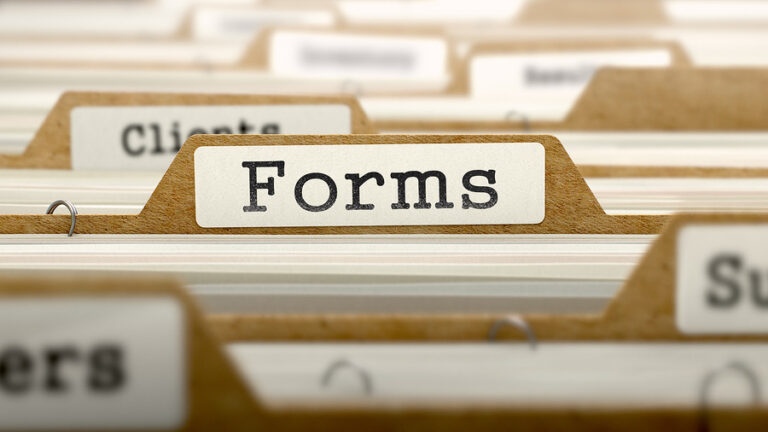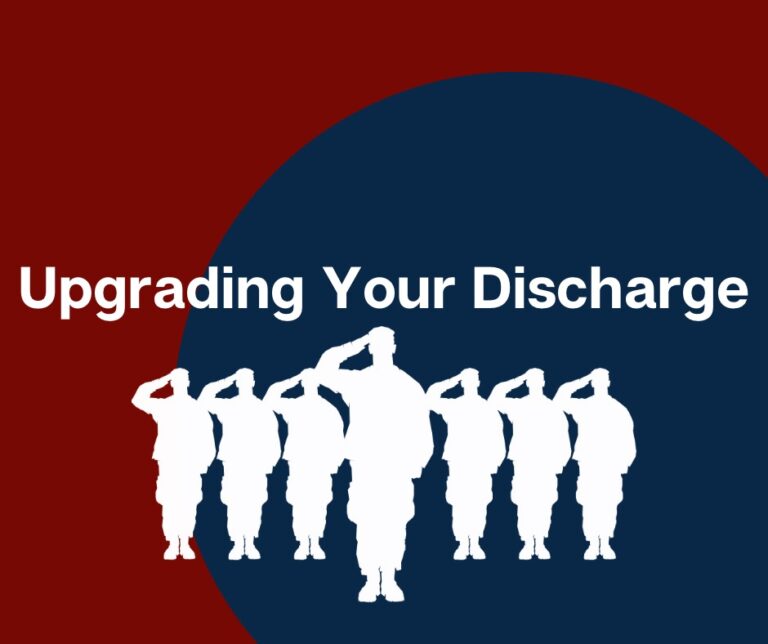From Combat to Sleepless Nights: Understanding Insomnia in Veterans
Sleep disturbances can significantly impact one’s quality of life, but did you know that insomnia affects a significant number of veterans? According to the Department of Veterans Affairs (VA), insomnia is one of the most prevalent sleep disorders among veterans, affecting approximately 42% of those who have served.
For veterans struggling with insomnia, obtaining a VA rating for their sleep disability can be a game-changer. It not only recognizes the seriousness of the condition but also opens up opportunities for specialized treatment and support within the VA system.
Understanding Insomnia and its Impact on Veterans
Insomnia, a common sleep disorder, can have a significant impact on veterans. Lack of quality sleep can affect their overall well-being, mental health, and daily functioning. It is important to understand the specific challenges veterans may face due to insomnia and provide appropriate support.
Insomnia affects not only quantity but also the quality of sleep. It can lead to daytime drowsiness, difficulty concentrating, and impaired cognitive function.
– Dr. Sarah Johnson, sleep specialist at SleepWell Clinic
Veterans with insomnia may experience a higher risk of developing mental health issues such as depression, anxiety, and post-traumatic stress disorder (PTSD). The impact of insomnia on their mental health can further exacerbate symptoms and hinder their ability to cope with daily challenges.
The lack of restful sleep can affect veterans’ overall quality of life, making it difficult to engage in meaningful relationships, work, or enjoy leisure activities.
– Mark Thompson, veteran and advocate for sleep disorders awareness
The VA Disability Rating System
When it comes to veterans with insomnia and sleep disabilities, understanding the VA Disability Rating System is essential. The VA rating system is designed to determine the severity of a veteran’s condition and provide compensation accordingly. For veterans struggling with insomnia, this rating system can be a vital resource in obtaining the support they need.
Once a veteran has completed the necessary evaluation and documentation process, they can submit a claim for a VA rating for insomnia. This claim should include all relevant medical records, sleep study results, and any supporting evidence to strengthen the case.
It’s important for veterans to note that the VA Disability Rating System evaluates the impact of insomnia on an individual’s overall well-being and ability to function. The rating assigned by the VA will directly affect the level of disability compensation received by the veteran.
- 0% Rating: Veterans with mild insomnia may receive a 0% disability rating. This means that the insomnia does not significantly interfere with their daily life or functioning. While they may experience sleep disturbances, it does not meet the criteria for a compensable disability rating.
- 10% Rating: A 10% disability rating is typically assigned when insomnia is more moderate in severity. Veterans with this rating may experience regular sleep disturbances that affect their ability to concentrate or maintain employment, but the condition is not considered severe.
- 30% Rating: For veterans with more severe insomnia that significantly impacts their ability to function, a 30% disability rating may be assigned. This level of rating reflects a greater degree of interference with daily life and work-related activities.
- 50% Rating: Veterans with severe insomnia that substantially impairs their cognitive functioning and ability to work may receive a 50% disability rating. This level of rating indicates a significant impairment in daily life.
- 100% Rating: In very rare cases, if insomnia is extremely severe and renders the veteran completely unable to maintain gainful employment or perform basic daily tasks, a 100% disability rating may be granted.
Applying for a VA Rating for Insomnia
If you believe you have insomnia AND you believe it is connected to your service, it is time to file for VA disability. Below are the steps required to file the claim. As always, NWAVet recommends finding your local Veteran Service Officer (VSO) and seeking their assistance in filing the claim. Each case is unique, and a VSO can provide valuable support and guidance throughout the application process.
- Evaluate your symptoms: Before applying for a VA rating, it’s essential to assess the severity of your insomnia symptoms. Keep a sleep diary to track your sleep patterns and document any difficulties or disturbances you experience.
- Visit your healthcare provider: Schedule an appointment with your healthcare provider, preferably a VA healthcare professional who is familiar with the VA rating system. They can evaluate your sleep disorder and document your condition, providing crucial medical evidence for your application.
- Gather necessary documentation: Collect any relevant medical records, including sleep study results, doctor’s notes, and treatment history. These documents will provide supporting evidence for your insomnia and strengthen your application.
- Complete VA Form 21-526EZ: Fill out the VA Form 21-526EZ, which is the application for disability compensation. Provide accurate and detailed information about your insomnia, including the severity and impact on your daily life. Be sure to include all the supporting documentation with your application.
- Submit your application: Once you have completed the application form and gathered all the necessary documentation, submit your application to the appropriate VA regional office. You can submit your application online through the VA’s eBenefits portal or mail it to the designated address.
- Follow up on your application: After submitting your application, it’s crucial to stay informed about its progress. You can check the status of your claim online through the VA’s eBenefits portal or contact the VA regional office handling your application for updates.
Treatment Options and Resources for Veterans with Insomnia
Veterans experiencing insomnia have access to a range of treatment options to help manage their sleep disorder. The VA system offers comprehensive resources specifically tailored to address the unique needs of veterans. Additionally, there are external resources available that veterans can explore for additional support.
Treatment Options Within the VA System
Within the VA system, veterans can take advantage of various treatment options for insomnia. These may include:
- Cognitive Behavioral Therapy for Insomnia (CBT-I) – A non-medication-based therapy that focuses on identifying and changing sleep-disruptive thoughts and behaviors.
- Pharmacological Treatments – Medications may be prescribed by healthcare professionals to help improve sleep quality and duration. It is crucial to consult with a healthcare provider before starting any medication.
- Sleep Hygiene Education – The VA offers educational resources and programs to help veterans establish healthy sleep habits and routines.
- Alternative Therapies – Non-traditional therapies such as acupuncture and yoga may be available as complementary approaches to managing insomnia.
External Resources for Veterans
In addition to the resources within the VA system, veterans can explore external organizations and support services that specialize in sleep disorders. These resources provide valuable information, guidance, and community support to veterans seeking assistance with their insomnia:
- The National Sleep Foundation – Offers extensive sleep resources, including self-help guides, sleep trackers, and educational articles.
- The Sleep Foundation – Provides online support groups and forums where veterans can connect with others experiencing similar sleep challenges.
- The Department of Veterans Affairs – Offers online tools and resources for veterans with insomnia, including self-assessment tools and educational materials.
- The American Academy of Sleep Medicine – Provides information on sleep disorders, treatment options, and resources for veterans and their families.
By exploring these treatment options and external resources, veterans with insomnia can find the support they need to improve their sleep quality and overall well-being. Remember to consult with a healthcare professional or reach out to the appropriate organizations for personalized guidance and assistance.
Coping Strategies for Veterans with Insomnia
For veterans experiencing insomnia, finding effective coping strategies is crucial for improving sleep and overall well-being. While there is no one-size-fits-all solution, implementing certain lifestyle changes and adopting relaxation techniques can significantly alleviate the symptoms of insomnia and promote better sleep quality.
Lifestyle Changes:
- Establish a Consistent Sleep Schedule: Go to bed and wake up at the same time every day, even on weekends, to regulate your body’s internal clock.
- Create a Sleep-Friendly Environment: Keep your bedroom dark, quiet, and cool. Use blackout curtains, earplugs, and a white noise machine if necessary.
- Avoid Stimulants: Limit your intake of caffeine, nicotine, and alcohol, especially in the evening, as they can disrupt sleep patterns.
- Engage in Regular Physical Activity: Exercise during the day can help tire your body and mind, making it easier to fall asleep at night.
Relaxation Techniques:
- Practice Deep Breathing: Deep breathing exercises can help calm the mind and relax the body before bedtime. Try inhaling deeply through your nose for a count of four, holding your breath for a count of seven, and exhaling slowly through your mouth for a count of eight.
- Progressive Muscle Relaxation: Tense and relax each muscle group in your body, starting from your toes and working your way up to your head. This technique helps release tension and promotes a sense of relaxation.
- Mindfulness Meditation: Focus on the present moment and observe your thoughts and sensations without judgment. Mindfulness meditation can reduce stress and anxiety, helping you achieve a more peaceful state of mind before sleep.
Sleep Hygiene Practices:
- Avoid Electronic Devices: The blue light emitted by smartphones, tablets, and computers can interfere with your sleep. Power down these devices at least an hour before bed.
- Create a Bedtime Routine: Engage in relaxing activities before sleep, such as reading a book, taking a warm bath, or listening to soothing music. This signals to your body that it’s time to wind down.
- Avoid Napping: If insomnia is disrupting your nighttime sleep, avoid daytime napping to regulate your sleep-wake cycle.
- Limit Bedroom Activities: Reserve your bedroom for sleep and intimacy only. Avoid working, watching TV, or using electronic devices in bed. This helps strengthen the association between your bedroom and sleep.
Remember, finding the right coping strategies may require a combination of techniques and some trial and error. It’s important to be patient with yourself as you explore various approaches to manage your insomnia. Consulting with a healthcare professional or sleep specialist can also provide personalized guidance and support tailored to your specific needs.







